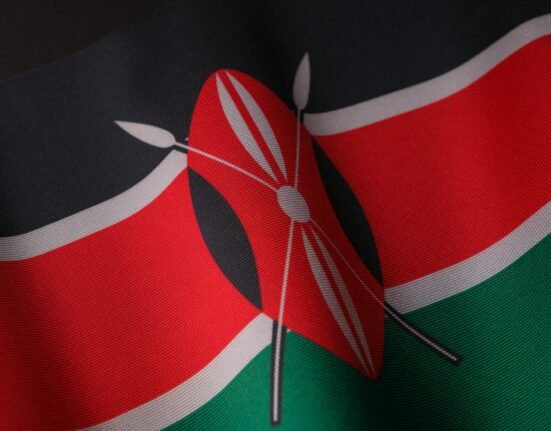Two women arrested as authorities intensify crackdown on unlicensed gambling operations
Covert Operation Uncovered in Commercial Arcade
Macau’s Judiciary Police have arrested two local women, surnamed Leong (39) and Chong (40), in connection with an unlicensed mahjong gambling parlour found operating within a commercial building in the Iao Hon district. The raid, carried out late at night on the second floor of a shopping arcade, also resulted in the interception of 16 active players engaged in the illegal activity.
Authorities were tipped off after receiving anonymous reports in May and July, prompting a surveillance-led investigation into suspicious activity at the location. When officers moved in, they discovered that the site had been fortified with an iron gate, password-protected lock, and surveillance cameras—clear signs of an organised and concealed operation.
Sophisticated Setup and Financial Motive
During the raid, five men and eleven women were found playing at multiple mahjong tables, each reportedly rented at MOP 60 (US$7.45) per hour. Chong confessed to renting the unit for MOP 8,500 per month, while Leong was paid MOP 10,000 monthly to manage the venue and collect the rake—a commission charged on gameplay.
Investigators estimate that the parlour had been in operation since May 2025, generating at least MOP 180,000 (US$22,400) in revenue. The venue reportedly operated daily from 10 a.m. to 4 a.m., indicating a near round-the-clock business model typically seen in Macau’s informal gambling scene.
Legal Proceedings and Broader Enforcement Context
Both women now face criminal charges for running an illegal gambling business and have been referred to the Public Prosecutions Office for formal indictment. The raid underscores the Macau Judiciary Police’s ongoing efforts to combat underground gaming operations, particularly as the city continues to tighten regulation in its post-pandemic recovery phase.
The bust reflects growing concerns over the resurgence of unauthorised gambling dens, which often operate under the guise of casual or cultural games like mahjong. Despite its cultural ties, mahjong becomes a prosecutable offence when used for profit without a proper license under Macau’s gaming laws.
Regulatory Implications and Community Impact
Illegal parlours pose multiple risks—from fostering unregulated financial exchanges to becoming hubs for money laundering or organised crime. By using covert locations and advanced security features, operators attempt to evade scrutiny in an increasingly monitored jurisdiction.
The case highlights the vital role of public tips and anonymous reporting in aiding enforcement. With Macau seeking to reposition itself as a more tightly regulated gaming market, community vigilance and consistent police action will be key to stemming unauthorised gambling operations.
Conclusion:
The dismantling of the Iao Hon mahjong parlour signals Macau’s commitment to protecting the integrity of its gaming industry. As authorities bolster enforcement, similar operations may face increased scrutiny, especially as Macau shifts its focus to licensed, regulated entertainment and tourism-driven gaming.























